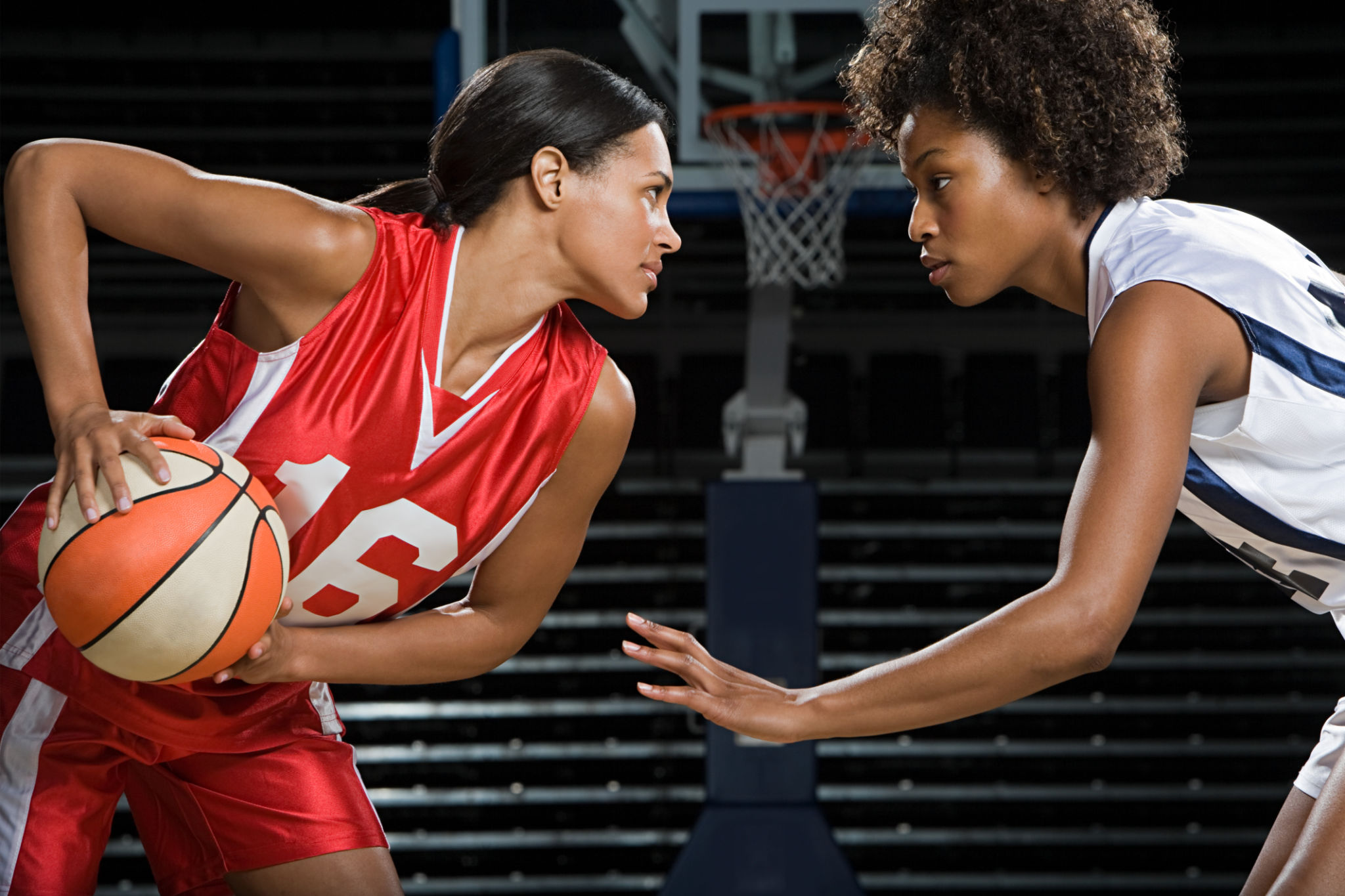Seasonal Sports Training: Preparing for Peak Performance Year-Round
The Importance of Year-Round Training
For athletes, achieving peak performance during the season isn't just about hard work and dedication during the competitive months. It involves a strategic approach to training that spans the entire year. By understanding the importance of seasonal sports training, athletes can ensure they are always at their best when it matters most.
Year-round training helps athletes develop and maintain the necessary skills, strength, and endurance needed for their sport. It prevents the loss of muscle and technique that can occur during the off-season. By continuously engaging in sport-specific exercises and maintaining a balanced fitness routine, athletes can stay in prime condition throughout the year.

Understanding Seasonal Phases
Seasonal sports training is often divided into different phases, each with a specific focus. These phases typically include the off-season, pre-season, in-season, and transition period. Understanding these phases allows athletes to optimize their training regimens to meet their specific needs at any given time.
Off-Season Training
The off-season is an ideal time for athletes to focus on building strength, improving flexibility, and addressing any weaknesses or imbalances. This phase often includes cross-training activities to prevent burnout and reduce the risk of injury while maintaining overall fitness levels.

Pre-Season Preparation
As the season approaches, athletes shift their focus towards sport-specific skills and conditioning. Pre-season training is crucial for honing techniques, increasing agility, and enhancing endurance. This is also a time to fine-tune strategies and prepare mentally for the competitive challenges ahead.
Staying Competitive During the Season
During the competitive season, the primary goal is to maintain peak performance while avoiding overtraining. Athletes must balance intense training sessions with adequate recovery periods to ensure they remain in top form throughout the season. This phase often includes regular evaluation and adjustment of training plans based on performance metrics.

The Transition Period
Following the end of the competitive season, a transition period allows athletes to recover both physically and mentally. This phase involves lower-intensity activities that help prevent burnout while allowing the body to heal from any injuries sustained during competition. It's an essential time for reflection and planning for the next cycle of training.
Benefits of Year-Round Training
Year-round sports training offers numerous benefits, including improved athletic performance, reduced injury risk, and enhanced mental resilience. By staying active throughout the year and following a structured training plan, athletes can achieve long-term success in their chosen sport.
Moreover, consistent training helps maintain motivation and discipline, key components in any athlete's journey. By setting clear goals for each training phase, athletes can track their progress and adjust their approach as needed to reach new heights in their performance.

